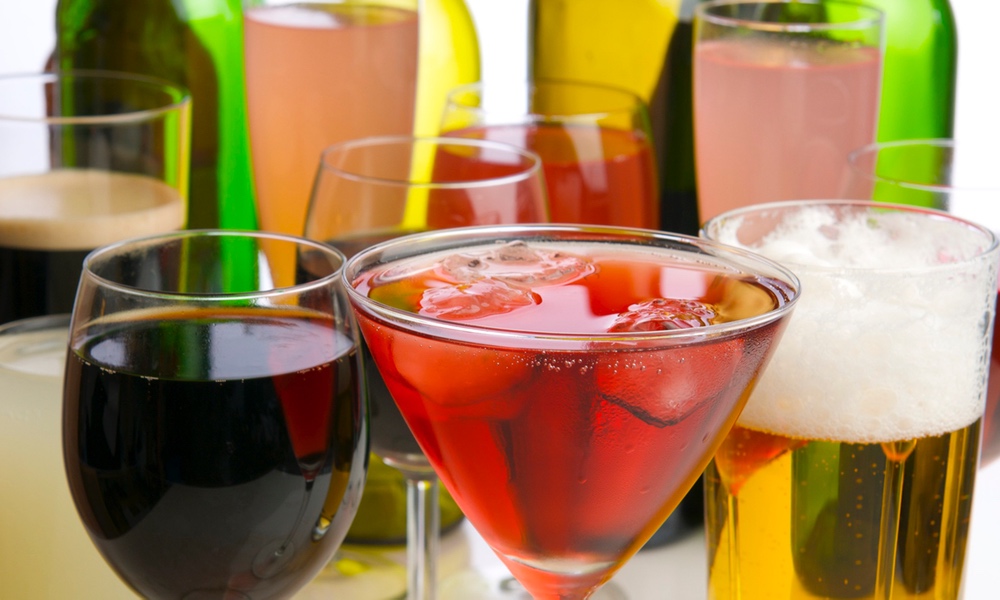Many studies have looked at the relationship between alcohol consumption and the brain. These studies have yielded conflicting results, with the findings of some suggesting heavy drinking affects brain structure, while others have reported that moderate drinking does not affect the brain at all, and that light drinking may even improve brain health in older adults.
The previous analyses lacked the power of a large dataset, and that has now been overcome in a new study led by researchers from the University of Pennsylvania using magnetic resonance imaging data from more than 36,000 participants in the UK Biobank. The imaging data enabled the medical scientists to calculate the volume of gray matter and white matter in different regions of the brain and see how a person's brain mass might be affected by their alcohol consumption.
The UK Biobank is a longitudinal dataset of more than 500,000 British adults. “Having this dataset is like having a microscope with a powerful lens,” said Gideon Nave, a co-corresponding author on the study. “You start seeing patterns and associations you couldn’t before.”The volume of gray and white matter decreased as levels of alcohol consumption increased.
The researchers also controlled for variables such as age, sex, smoking status, handedness, socioeconomic status and county of residence. Brain-volume data was also corrected for overall head size.
The connection between alcohol consumption and loss of brain volume became stronger the more a person drank. “It’s not linear,” explained Remi Daviet, one of the corresponding authors on the study and an assistant professor at the University of Wisconsin. “It gets worse the more you drink.”
Reductions in brain size associated with drinking were compared with those associated with aging. Going from zero to about one alcohol unit per day was only associated with about six months of aging; but the difference between zero to four units was associated with aging about 10 years.
The researchers hope to mine the UK Biobank and other large datasets to answer further questions about the effects of alcohol consumption on the brain. Nave, an assistant professor at the Wharton School of Business at the University of Pennsylvania, said the team was curious about the effects of not drinking during the week, and drinking a lot on the weekends. “There is some evidence that binge drinking is worse for the brain, but we haven’t looked closely at that yet,” he explained.
The researchers would like to examine how alcohol affects brain volume, which may be possible with datasets like the UK Biobank that follow young people as they age. According to Nave, “We may be able to look at these effects over time and, along with genetics, tease apart causal relationships.”
The study is published in Nature Communications.





